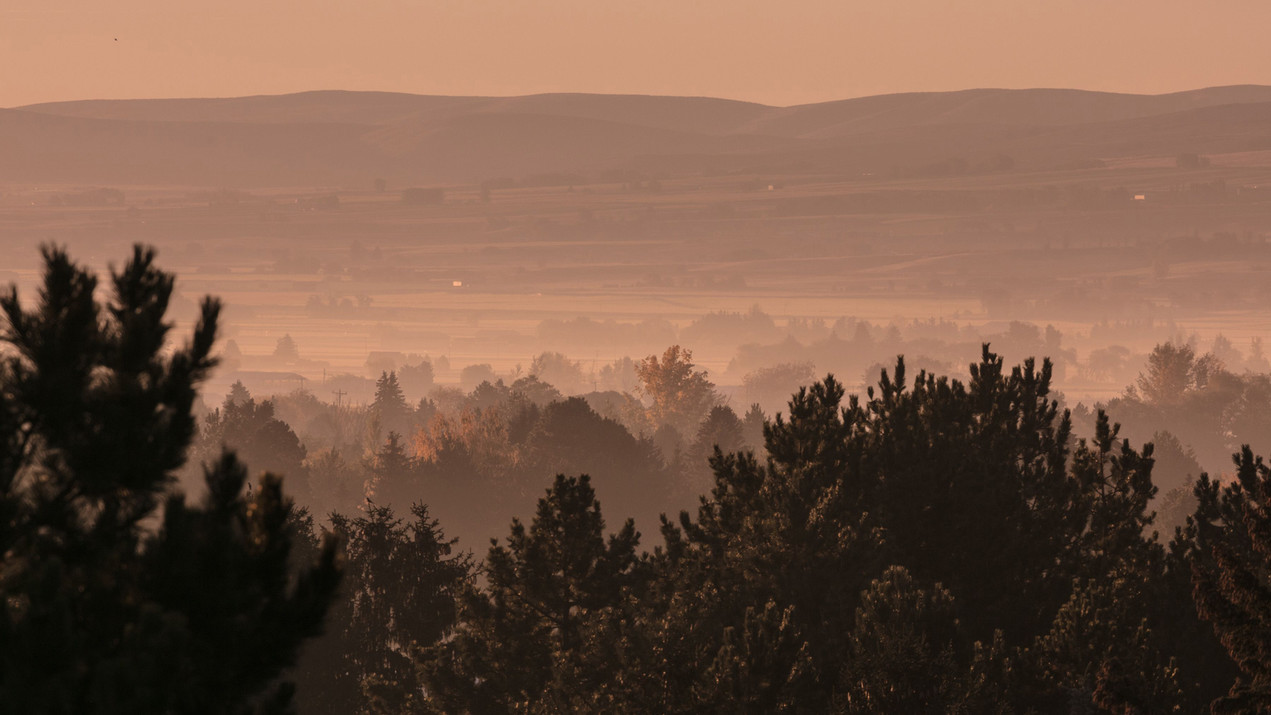
Emergency Management
Volcano
Washington has five major volcanoes – Mount Baker, Glacier Peak, Mount Rainier, Mount St. Helens, and Mount Adams. The risk posed by volcanic activity is not always apparent, as volcanoes can lie dormant for centuries between eruptions. Volcanic dangers include not only an eruption of a mountain and associated lava flows, but also ash fall and debris flows. If you are near a mountain range, be familiar with the following.
Before a volcanic eruption
- Plan ahead. Have emergency supplies, food, and water stored.
- Plan an evacuation route away from rivers or streams that may carry mud or debris flow.
- Keep a battery-operated radio available at all times.
- If there is an eruption predicted, monitor the radio or TV for evacuation information. Follow the advice given by authorities.
After a volcanic eruption
- Do not approach the eruption area.
- Be prepared to stay indoors and avoid downwind areas if ash fall is predicted.
- Evacuate if advised to do so by authorities.
- Be aware of stream and river channels when evacuating.
- Move toward the higher ground if mudflows are approaching.
- Follow the evacuation signs posted along roads and highways.
- If there is ash fall in your area:
- Protect your lungs. Infants, the elderly, and those who have respiratory conditions such as asthma, bronchitis, emphysema, and other chronic lung and heart diseases should be particularly careful to avoid breathing ash.
- Stay inside. Close doors, windows, and dampers. Place damp towels at door thresholds and other draft sources.
- When outside, wear a single-use (disposable) facemask. Remember that these masks may not fit small children properly. (Note: Masks may make breathing more difficult for people with respiratory conditions.)
- Those most at risk should limit outdoor activities. Keep children and pets indoors.
- If you have asthma or another respiratory condition – or have a child with asthma – pay attention to symptoms such as wheezing and coughing, or more severe symptoms such as chest pain or tightness, shortness of breath, and severe fatigue. Stay indoors and follow your asthma management plan. Contact your doctor if you have trouble breathing.
- Replace disposable furnace filters or clean permanent furnace filters frequently.
- If you wear contact lenses, protect your eyes by wearing glasses or protective goggles or by removing your contacts.
- If you find ash in your drinking water, use an alternate source of drinking water such as purchased bottled water.
- Put stoppers in the tops of your drainpipes.
- Protect dust-sensitive electronics.
- Keep roofs free of ash over 4 inches.
- Remove outdoor clothing before entering a building.
- Wash vegetables from the garden before eating.
- Minimize travel — ash may be harmful to your vehicle.
- Frequently change the oil and air filters in your automobile.
CWU News

CWU women’s rugby team earns six All-American selections
May 13, 2024
by University Relations

CWU Board of Trustees to Convene this week
May 13, 2024
by University Relations